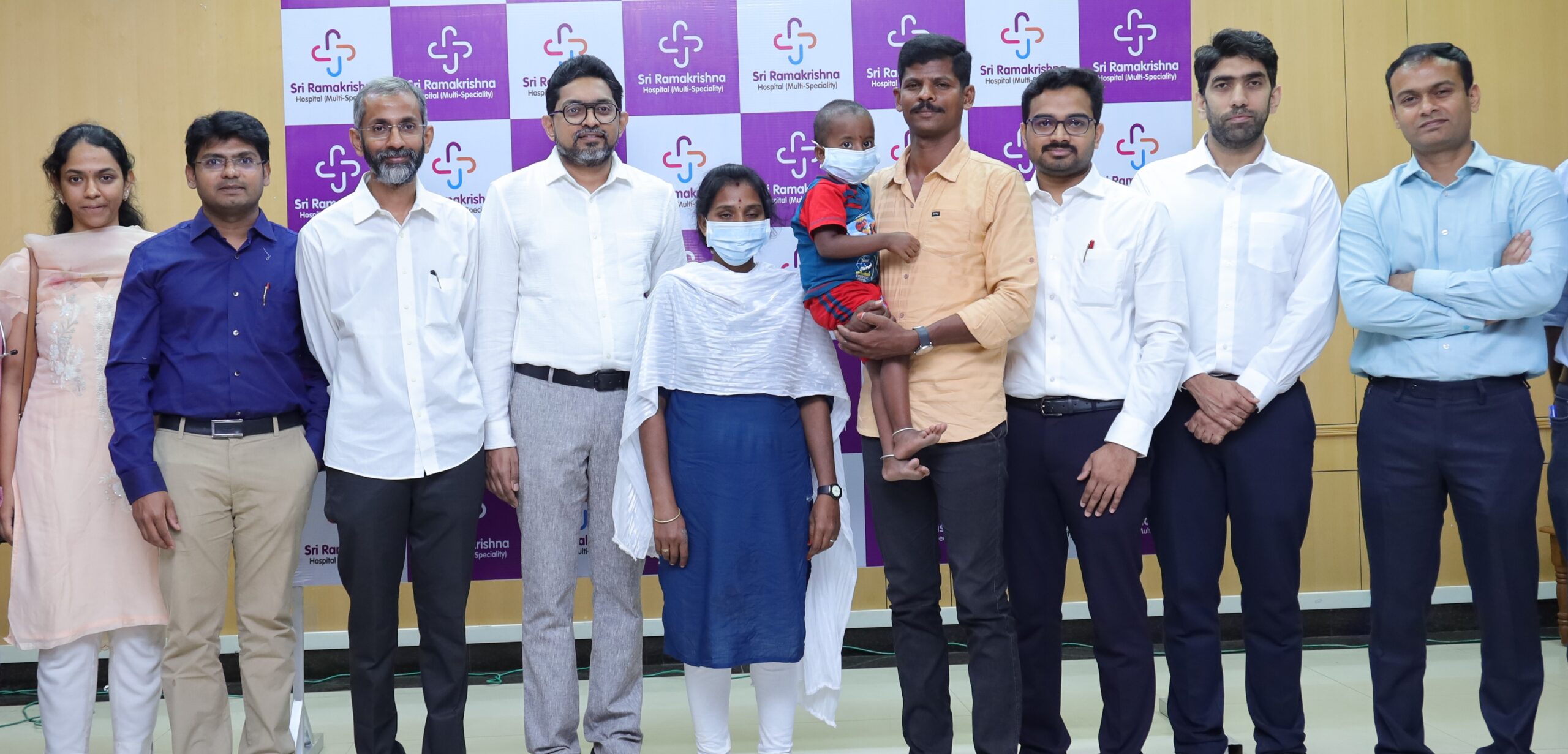Trending Now
- 830 voters names go missing in Kavundampalayam constituency
- If BJP comes to power we shall consider bringing back electoral bonds: Nirmala Sitaraman
- Monitoring at check posts between Kerala and TN intensified as bird flu gets virulent in Kerala
Coimbatore
Nova IVI fertility offers hope for women to conceive post cancer treatment
![]() April 21, 2017
April 21, 2017
There is still hope for women to conceive after the incidence of cancer. The prospect of a having a child after battling with cancer has increased thanks to onco-fertility or fertility preservation which comes to the rescue of women in their reproductive age, said Dr. Meenakshi Priya, Fertility Consultant at Nova IVI Fertility.
Addressing the media on the fertility preservation which help individuals retain their fertility or ability to conceive, she said as there was a strong focus on life after cancer, the focus was more on increasing the prospect of having a child post cancer treatment.
“Fighting and surviving cancer is a victory; however there is now a growing population of young survivors who face quality-of-life issues,” she said.
Citing an example, she said Vidhya (name changed) was diagnosed with stage II breast cancer at the age of 27. She came to know about her illness soon after she got married. Her treatment went on for three years. She was 30 when she was completely cured. When Vidhya and her husband decided to start a family, they realised that the cancer treatment had taken a toll on her fertility potential and that her ovarian reserve was depleted.
“The anti-cancer drugs would affect the ovaries, fallopian tubes, uterus or cervix, decrease the number of primordial follicles, interfere with hormonal balance and eventually reduce the reproductive capacity of women.
Some women may immediately reach menopause after chemotherapy, resulting in complete cessation of their monthly cycles. While others, whose menstrual cycles resume after cancer treatments, can conceive naturally only if their ovarian reserve is good both before and after the treatment,.” she added.
“Young men and women in their reproductive years diagnosed with cancer should be prescribed with techniques such as egg, sperm or embryo freezing. Women can preserve their oocytes (women who do not have a partner), freeze their embryos (married women) or even opt for ovarian tissue cryo preservation once they are diagnosed with cancer.
Post their cancer treatment, if infertility happens, they can conceive through Assisted Reproductive Technology (ART)” Dr. Meenakshi said.
“Through preserving one’s fertility by freezing eggs, sperms or embryos, cancer survivors can conceive and carry pregnancy just like any other woman after the disease is completely cured. It is advised that women who undergo cancer treatment should not plan for pregnancy for at least two years after complete cure.
If the woman is of an older age or if she is not having regular menstrual cycles, it is advised to consult a fertility specialist for an initial assessment to evaluate the condition of the ovaries and to understand the probability of achieving pregnancy.” Dr. Meenakshi added.
“For those who are not fortunate enough to have frozen sperms, eggs or embryos prior to cancer treatment and whose gametes have been completely depleted, assisted reproductive techniques with donor eggs or donor sperms is a common solution, which is offered in Nova IVI Fertility Centre,” she said.























